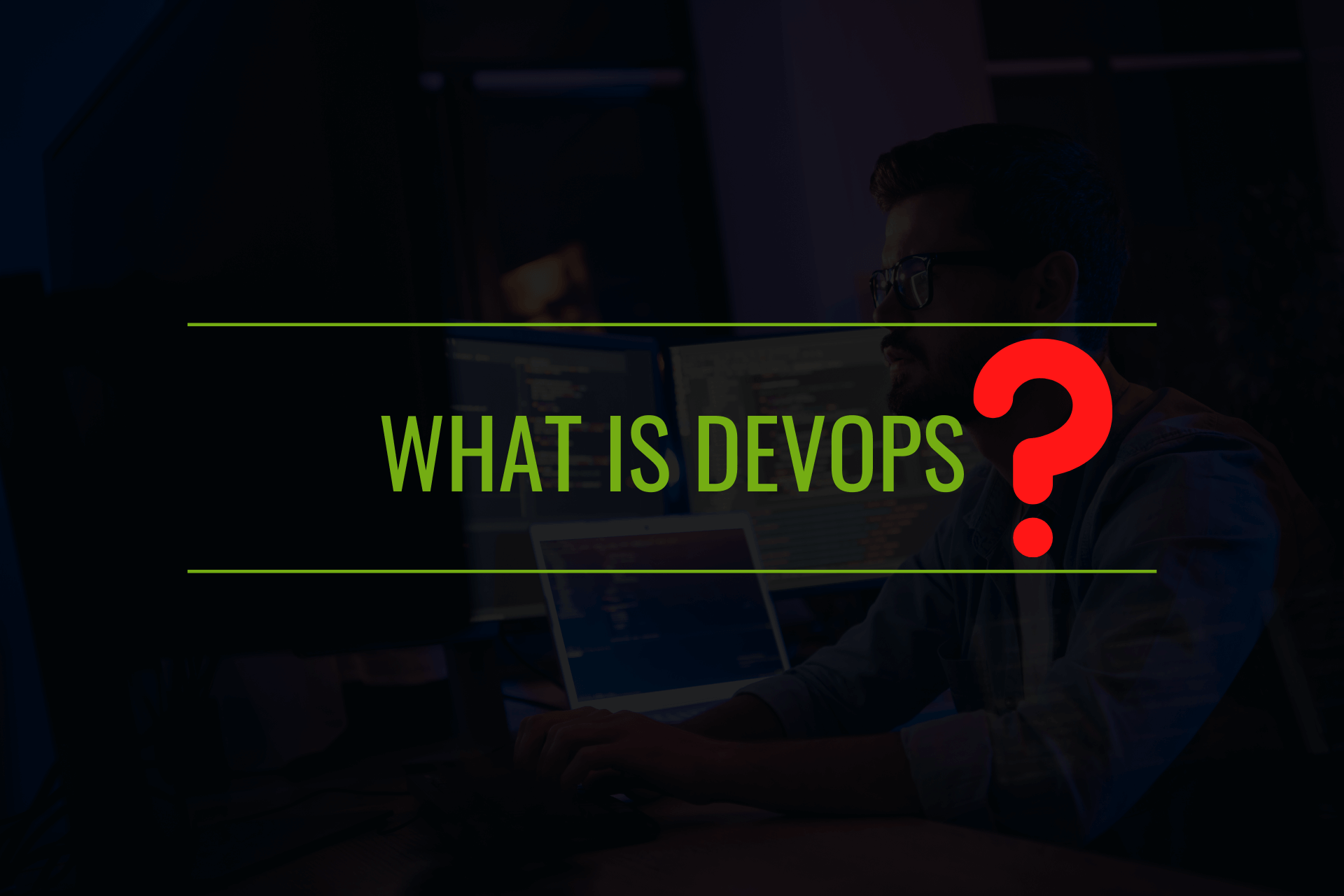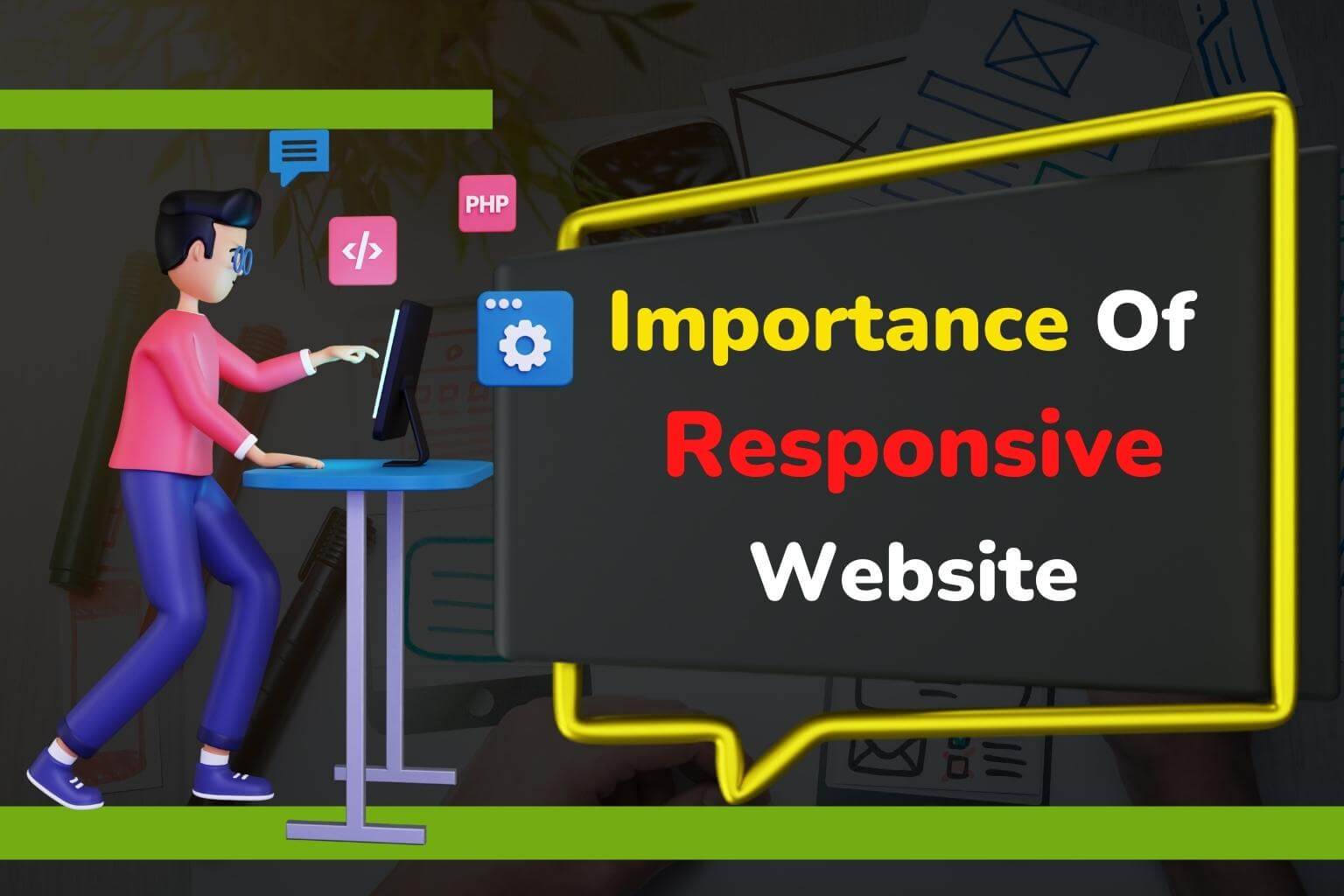We are not going to make you uncomfortable by asking, “what is DevOps?”. Instead of that, it is wise to ask, have you heard this term before?
Whether the answer is Yes or No, you are going to discover something incredible today.
Imagine you are sitting in a boat in the middle of the river without an oar. If you think it’s an adventurous situation, then let me burst your bubble first. Because within a second, you will get into deep water.
Similarly, in 2020, giants without DevOps is a nightmare. Also, it is the finest choice for small business holders.
But have you ever thought about one exact thing?
Why Big Companies Or Organizations Use DevOps?
Undoubtedly, this blog won’t disappoint you. You will get the answer shortly in our subsequent phases. Perhaps we are here to open a mysterious chest that most people affirm as a technology.
Though it is not an unsolved riddle, relying on a selective definition is also not right. However, all illustrations are correct about DevOps that you have found so far.
But the worst scenario might have happened if you end up with a wrong conclusion.
So, to make your journey as flat as a pancake, we designed this blog about DevOps philosophy and its benefits.
What Is DevOps?
Though it’s a technical term, we present this article merely so that non-technical souls can understand this philosophy.
However, there is an exciting part. Instead of technology mainly, people count DevOps as a culture or a mindset.
But why?
Don’t worry; we will come to this point later. So, before digging a hole, let us introduce the notion “DevOps” to you.
DevOps is a combination of two words, “Development” and “Operations.”
On the other hand, these listed words indicate two respective departments. Moreover, two different teams collaborate to solve communication & priority problems.
Besides, it maintains the best communication pipeline with other units in the organization.
Big-scale websites like Google, Facebook, Netflix, Amazon, etc., extensively adopt this culture to increase application and service delivery speed.
According to Microsoft’s Definition,
DevOps is the union of People, Process, and Products to enable continuous delivery of value to our end customer.
So, are you planning to build this tool?
Regrettably, it is not a tool that you can build and maintain as a programmable infrastructure. Neither is it a programming language nor can you call yourself a DevOps Engineer.
Then, what should we call?
You can address this as a philosophy or a mindset. Let’s figure out what professional thoughts.
Mystery Trunk of Expertise & Survey Reports
Everyone has the key, it just a matter of using it.
Each company has a specific entrant that distinguishes itself from others. Technology has expanded. It gives us different choices. To increase their competitiveness, not just large corporations but start-up companies implement DevOps principles.
Besides, it doesn’t mean that only a technical professional can have a DevOps concept. It is not genuinely reasonable to expect. Anyone can have their basket full. However, it is better to have a vague idea than to have zero.
Apart from the periodic statement, expertise also shared their thoughts on different platforms. On the other hand, we have found many cases during our entire research process. In some cases, organizations approach DevOps with a wrong attitude.
Courtney Wang, Sr. Software Engineer at Reddit, describes it as “empowering the developer.”
This year, as every year, Puppet also released a State of DevOps Survey. So, this time, they ran a survey on over 2,400 participants. Moreover, those high evolved organizations are highly product-oriented than others.
Also, the study demonstrates that,
Highly evolved organizations are 6 times more likely than the least evolved organizations to report high usage of self-service platforms.
Also, Atlassian & CITE Research published a survey where they found almost 99% of respondents say,
DevOps has had a positive impact on their organization.
A public Sector Summit was held in 2018, where AWS Solution Architecture Mr. Asif Khan describes Amazon DevOps culture. According to him,
DevOps is really about shared responsibilities.
Hopefully, this finding will help you to draw a rough conclusion. Undoubtedly, a journey with DevOps always benefited you and your company.
Evolution Of DevOps
Currently, DevOps is more like a philosophical movement, not yet a precise collection of practices, descriptive or prescriptive.
Before acquiring a more profound knowledge, it is necessary to figure out how DevOps came into existence.
The concept didn’t come in one day. The journey was simple but revolutionary. Moreover, it took a year to develop and implement in various sectors.
In the year 2008, Andrew Clay and Patrick Debois saw the new ray of hope. They wanted to come up with an alteration to overcome the Agile drawbacks.
But it was not the beginning. Then when?
Here comes the mysterious part.
Back in 2003, the multinational technology company Google hired Ben Treynor. He was there to lead the first set of “site reliability engineers” to manage a production environment.
Sadly, the production environment was distinct from the development environment.
Furthermore, the final team’s purpose was to run operations without a hitch for their customers. Not only that, but also the group was responsible for nailing down a high uptime while working with developers.
A few years later, DevOps became a buzzword after a small gathering. Patrick Debois tweeted a shortened word “DevOps” to advertise his conference.
It was in the year 2009 when he gave birth to the term “DevOps.”
Do you know why this history matters?
It matters because the method brings an innovative change in both the IT and Operation department. Also, the idea grows from the collaboration of developers and operation leaders.
So, it’s a precise solution for you and your organization.
DevOps Engineering That Cover Up Agile Limitations
During our research, we found a prominent feature. Both DevOps and Agile methodology hold the same purpose.
But why do companies incorporate the DevOps culture?
The answer is as simple as ABC. DevOps is primarily an enhanced culture that allows enterprises to cover up the limitations of Agile. However, it doesn’t mean DevOps will design an effortless playground.
In one article, Jez Humble proposed that
DevOps is a cross-disciplinary community of practice dedicated to the study of building, evolving, and operating rapidly-changing resilient systems at scale.
One of the key benefits is that an enterprise can put large teams together with the help of DevOps. Where Agile focuses on teamwork between small groups; however, both methodologies have a spitting picture.
Moreover, DevOps focus entirely on constant testing and project execution during the entire development time. On the flip side of the coin, the Agile methodology only focuses on continuous changes.
Feedback comes from the end of the customer in the Agile method. But in DevOps, each input comes from the entire team.
But only these mentioned differences won’t indicate that DevOps is the best practice for any organization. Accept or not, in some cases, Agile also brings success.
Are you ready to hear something impressive?
Yes, you got me.
You can use both methodologies together to deliver an impressive outcome. Lastly, the wiser says that without an Agile setup, the mindset cannot be efficient.
The Phases Of DevOps Engineering
You have heard about DevOps Pipeline. It is the most exciting part that we are going to present here.
Eight different phases structure the pipeline. You can break down each phase with proper logic. Moreover, it is helpful to break the pipeline into phases to make the task easier. You will be astonished to know that there are no sharp obstacles between each of the pipeline phases.
Without wasting your precious time, let’s jump to the straight point:
1. Planning:
This is the first step where developers start to write code.
2. Coding:
Start with code development and review using source code management tools, code merging.
3. Building:
It is a critical stage where developers build status with continuous integration tools.
4. Testing:
Continuous testing tools help team members by providing quick and timely feedback on business risks.
5. Releasing:
You can count this phase as a milestone one. It is the point where the team change management, releases approvals, and automation.
6. Deploy:
The time is here when the team is ready to release into production. Several tools are needed here to complete the process.
7. Operation:
Now, it’s time for the operation team to ensure everything goes perfectly with zero complications, as the new release is live.
8. Monitoring:
Great!
The final phase is here—time to monitor the application performance with the end-user experience.
Can I Adopt DevOps Mindset?
Finding people who don’t know the advantages of DevOps is hard. However, we will discuss the importance of this mindset in the next chapter.
Before questioning, why let us clarify who can adopt DevOps.
There is no magic recipe that one should follow to adopt DevOps. Any organization can practice this mindset to get the quickest feedback. Additionally, it can be implemented at the individual application.
But it is advisable to execute appropriately to avoid failures.
Why Is This Methodology Important?
Back in 2017, only 74% of global organizations adopted this culture without any second thought. But according to the IDC forecast, the DevOps market will reach by $15 billion worldwide in 2023.
So, it is visible that enterprises are widely using this mindset to limit their business risk.
Now, it is time to give a short note on benefits.
- The mindset maximizes the enterprise’s efficiency.
- Faster innovation
- Entire business optimization
- Chance to elude the competitor
- Enhance development efficiency
- Higher reliability
- Customer satisfaction
- Reduce cost
That’s all!
Not really; it just the beginning of this miracle philosophy or culture. To know more, you can read why DevOps is essential article. That article is designed accordingly to your preference.
You can also count that article as an unclouded version.
Even Genie Can’t Save You
Most great people have achieved their greatest success just one step beyond their greatest failure.
Not only the person but also the quote is applicable for an organization or a team. You can’t expect to get everything into a box.
Before you figure out the reasons behind failure, ask yourself whether you understand the DevOps process or not. It is more than a bridge that makes a knot between two departments.
Many renowned companies have horror failure stories. The destination won’t be pleasant for you if your team has a microscopic knowledge of DevOps.
There are many reasons behind the DevOps mess. But the following are the major.
- Limited project visions
- Insufficient knowledge of DevOps
- Ignore People and process
- Setting unrealistic goals
Time To Draw A Finishing Line
It is impossible to pile all information in one article. Even we will not try to make it possible for your betterment.
The prosperity will punch the clock if you dig a giant hole.
DevOps’ goal is to unify growth and activities and shorter the development cycle with customer satisfaction. It also increases team productivity.
Are you feeling butterflies in your tummy?
If yes, then take time and give a long tour to complete DevOps’ ins and outs.








